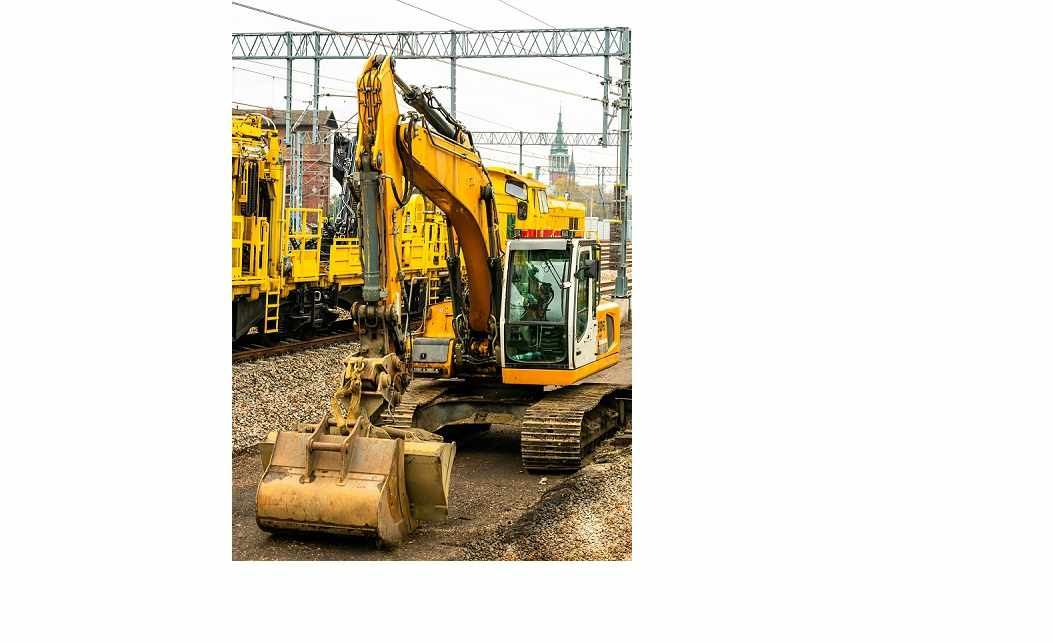
Demolition is an essential phase in the lifecycle of construction and renovation projects, allowing for the clearing of old structures to make way for new developments. As urban environments continue to evolve and adapt to changing needs, demolition contractors play a crucial role in safely and efficiently dismantling buildings and other structures. This article explores what Demolition Contractors London do, the types of demolition processes they employ, safety considerations, and the benefits of hiring professionals in this industry.
What Are Demolition Contractors?
Demolition contractors are specialized firms that focus on the process of tearing down or dismantling buildings and other structures. Their expertise encompasses a wide range of services, from residential demolitions to large-scale industrial and commercial projects. These contractors work with various stakeholders, including property owners, architects, and local governments, to ensure that demolition activities are conducted safely, efficiently, and in compliance with all applicable regulations.
Types of Demolition Methods
Demolition contractors utilize several methods based on the project requirements, site conditions, and safety considerations. The primary demolition methods include:
1. Mechanical Demolition
Mechanical demolition is one of the most common and straightforward methods, typically utilized for larger structures and buildings. It involves the use of heavy machinery, such as excavators, bulldozers, and wrecking balls, to systematically tear down a building. This method is efficient, allowing for rapid demolition and the clearance of debris, making it popular among contractors during extensive renovation projects.
2. Manual Demolition
For smaller buildings or when dealing with sensitive environments, manual demolition may be employed. This method involves skilled laborers using hand tools to dismantle structures piece by piece. Manual demolition is particularly useful in preserving reusable materials and minimizing damage to surrounding properties. It is often used in residential areas where noise and dust must be kept to a minimum.
3. Implosion
Implosion is a highly specialized demolition technique that relies on controlled explosives to collapse a building inward. This method is usually reserved for large buildings or structures in densely populated areas. Expert demolition contractors conduct thorough planning and preparation to ensure the implosion is safe and effective, often involving structural engineers and safety officials to assess risks and implement safety measures.
4. Deconstruction
Deconstruction is an environmentally friendly approach that focuses on carefully dismantling a building to salvage reusable materials. This method emphasizes recycling and repurposing, allowing valuable materials like wood, steel, and fixtures to be reused in new construction projects. Deconstruction is often favored in sustainable building practices and is becoming increasingly popular in renovations.
Safety Considerations in Demolition
Safety is paramount in the demolition industry. Demolition contractors must adhere to strict safety regulations and protocols to protect workers, the public, and the environment. Key safety considerations include:
1. Hazardous Material Identification
Before any demolition work begins, contractors must conduct thorough assessments to identify hazardous materials, such as asbestos, lead, or mold. Proper handling and removal of these materials are essential to prevent health risks and comply with environmental regulations.
2. Site Assessment
A comprehensive site assessment helps identify potential hazards associated with the demolition project, including nearby structures, utilities, and traffic patterns. Understanding the site's layout and conditions allows contractors to develop a tailored safety plan.
3. Use of Personal Protective Equipment (PPE)
Workers engaged in demolition activities must wear appropriate PPE, such as hard hats, gloves, goggles, and respiratory masks. Ensuring that all personnel on-site have the necessary equipment contributes to overall safety.
4. Clear Communication and Training
Effective communication and training are vital components of a safe demolition process. Contractors should ensure that all workers are informed about safety procedures, emergency protocols, and the specific risks associated with the project.
For more details, visit us:
















Write a comment ...